Cultures in Sales - A Squad Case Study: Survey Intro
A Case Study Series pioneered by Dave Sweeney and Ebonie Glenn
We count ourselves very lucky at The Enablement Squad that our community includes people from all over the world 🌎
With different cultures come different selling and buying practices, routines, and behaviours. Any seller who’s tried their trade in a new country for the first time will tell you how challenging that can be. Things that work well in one place can fall flat in others.
We need to be careful to avoid cultural stereotyping, but understanding the nuances of how our buyers and sellers behave can make a huge difference. For example, GTMnow refers to the difference between High-Context and Low-Context cultures, noting that Low-Context cultures typically communicate more directly and rely on research for making decisions. In contrast, High-Context cultures are more likely to leave things to contextual cues and utilize their personal networks to make decisions.
To a seller from a typically Low-Context culture (like Switzerland or Germany), the buying behaviour of a prospect from a typically High-Context culture (like Spain or Italy) could be confusing and hard to manage. Likewise, a seller covering both markets is likely to need to develop agility in their approach.
That means Enablement teams need to be agile too.
So… 🤔
We’ve decided to undertake some research of our own and delve into the world of sales and buying culture. As the first step, we’ve put together a short survey that we’d love sellers and enablers alike to complete.
We’re particularly interested in exploring differences (and similarities) across sales team culture, buying etiquette, and behaviours, and how sellers interact with global customers.
It shouldn’t take more than 5-10 minutes ⏱️ to share your thoughts and insights. The results will, of course, be anonymous, but they’ll help us begin to build a picture of what is most important to our community when learning about new cultures. And, importantly, where the gaps and challenges are that further research and content can help us address.
⬇️ Click the button below ⬇️ to complete the survey. We’re excited to hear what you have to say!
